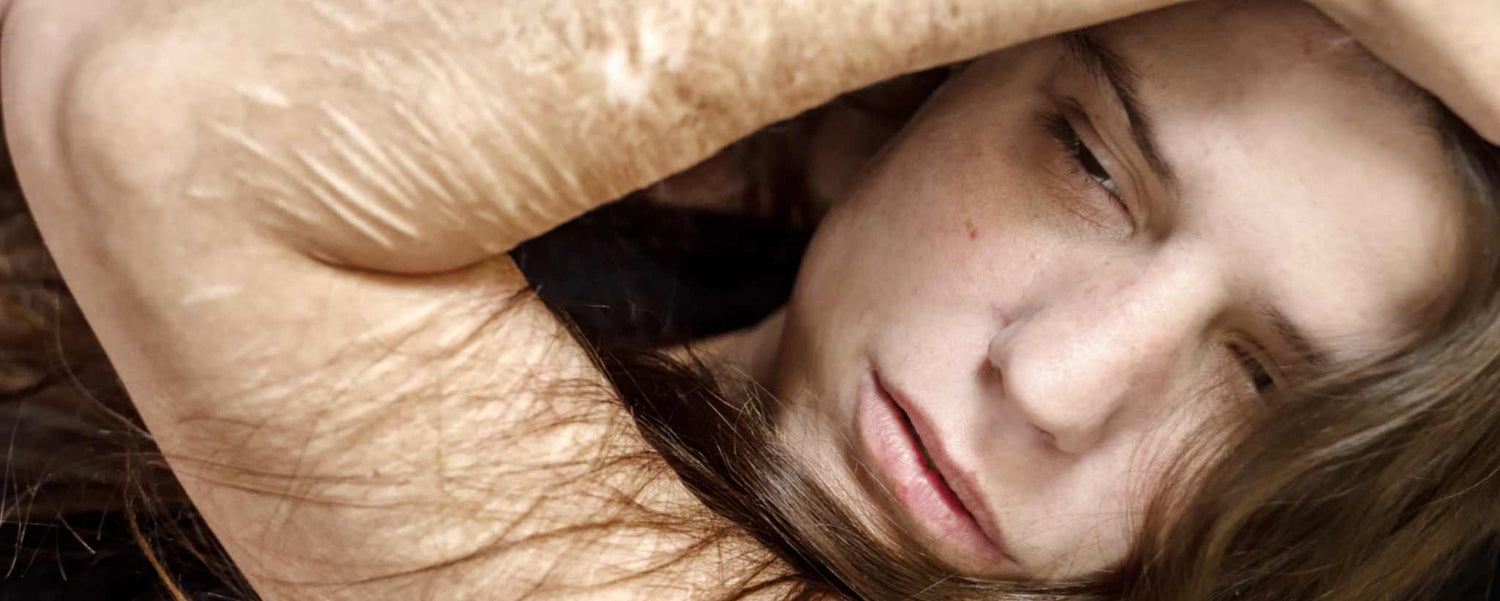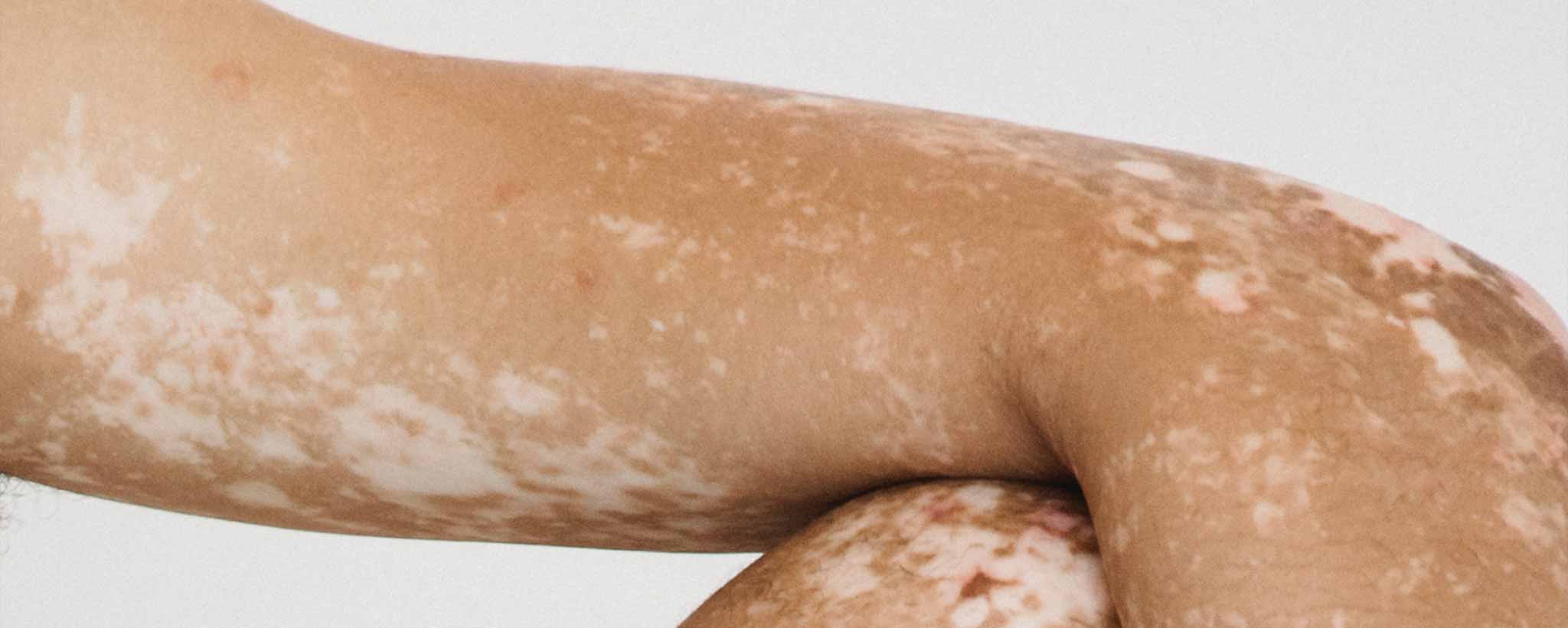Publish 21 October 2021
Are you prone to cutting, burning, or hurting yourself in other ways to cope with emotional stress? Help is available before it becomes a pattern.
Identify Negative Pattern

Do you see a pattern? Daily stress leads to negative emotions that can result in self-injury. Self-harm includes physical, psychological, or emotional injury to yourself.
For many people, this involves cutting. It may feel like a way to release tension, but any positive feeling is transient. Anger, frustration, and sadness often follow.
Manner of Physical Harm
Physical self-harm can include cutting, scratching, burning, carving, piercing, or other hurtful actions in a controlled or ritualistic manner. [1] Some individuals cover their bodies with tattoos. This might be partly for art but also for the sensation of needles scratching the skin.
People may expand tattoos to cover self-injury scars. [2] Extreme nail biting is sometimes caused by Lesch-Nyhan Syndrome. [3] Some prefer to punch themselves or bang their head against a wall. Do you mask this practice with long sleeves, tattoos, and makeup?

Pattern of cuts on the arm of a self-injurer.
Physical harm might be a phase. But once you start, it can become habitual. You may adopt the practice of others who self-injure with more than one method. It is not uncommon for an individual with such tendencies to develop suicidal thoughts.
Is the pattern of physical self-injury beginning to control your life? There are other ways to cope with stress. We all need help with physical illness. Mental health help can be as beneficial. There is no shame in seeking assistance before self-harm becomes fatal.
For severe, life-threatening self-injuries or thoughts of suicide, immediately call 911 or your local emergency number.
For suicidal thoughts, also consider these options:
- Contact your regular mental health professional.
- Call a suicide hotline. In the United States, call the National Suicide Prevention Lifeline at 1‑800‑273‑TALK (1-800-273-8255) or use their webchat on suicidepreventionlifeline.org/chat.
- Seek help from your school nurse, counselor, teacher, doctor, or other health care provider.
- Contact a spiritual leader or someone else in your faith community.
- Reach out to a close friend or loved one.
Cope With Psychological Harm
Psychological harm does not leave physical scars, but the emotional cuts can be deeper. You might be your own worst critic. Even when someone offers a compliment, you respond by saying it isn’t true.
You live quietly in a realm of constant negative critiquing, lashing out at those capable of lending a hand. The only acceptable performance is perfection. Any time you fall short of that, you feel like a failure.
Your inner critic might say things like, “You are useless,” “You are not worth it,” or “Nobody ever loves you.” We all have an inner critic, but for some people, a louder voice is more convincing and controlling. [4]

Your inner critic grows up with you, taking note of all your activities since childhood. Have you gone through negative phases in life, traumatic events, or physical abuse? That’s a valid source of pain.
Your inner critic may capitalize on this with harsh reminders. It might blame you for such adversities. Or it can side with others who criticize you. Understand that this critic is a record of the past—however dark the memories may be. The critic does not need to control your future.
Psychological and emotional self-injury can advance to physical self-injury or suicidal thoughts. The two approaches to injury are not mutually exclusive. Talking to a therapist can help you focus on a kinder voice of reason.
Oftentimes, correctable neurology is the source of the problem. Excessive stress can cause a chemical imbalance within your brain’s neurotransmitters. With proper medication and relaxation techniques, you can regain serotonin and endorphin balance.
Trying to combat all the stresses you encounter with depression is like being on the frontline of a battlefield, empty-handed, without support. Get the support you need.
Ways To Help Family and Friends
For your young child, seek guidance from a pediatrician. Teenage children can reach out to school counselors or compassionate parents. Adults can make appointments with healthcare providers.
A professional spiritual or psychiatric counselor can help you replace self-injury with self-worth. Millions of people find comfort in the Psalms. The Psalmist says of the Bible’s author, “In the multitude of my thoughts within me thy comforts delight my soul.” —Psalm 94:19; 139:9–12, KJV.
The only remaining area to cut is your pattern of self-injury. Even experienced injurers sometimes cut too deep or nick an artery, requiring an emergency ambulance ride. [5] Stop reaching for knives, razors, or pins.
You don’t need to battle harmful feelings alone. You can text 741741 to reach a crisis hotline. [6] Seek assistance from the resources in this article or others available in your vicinity.
Enjoy more articles about mental health
ClinicalPosters offers human anatomy charts, scientific posters, and other services that compliment articles about mental health. Slide extra posters into DeuPair Frames without removing from the wall.
Show your support by leaving an encouraging comment to keep the research going.
Support the writing of useful articles about mental health by exploring human anatomy charts, scientific posters, and other products online. You may sponsor specific articles.
ClinicalPosters provides human anatomy charts, scientific posters, and other products that compliment useful articles about mental health.
ClinicalPosters offers human anatomy charts, scientific posters, and other products online.
You can sponsor useful articles about mental health or donate to further research. Visible content is optimized for device size.







